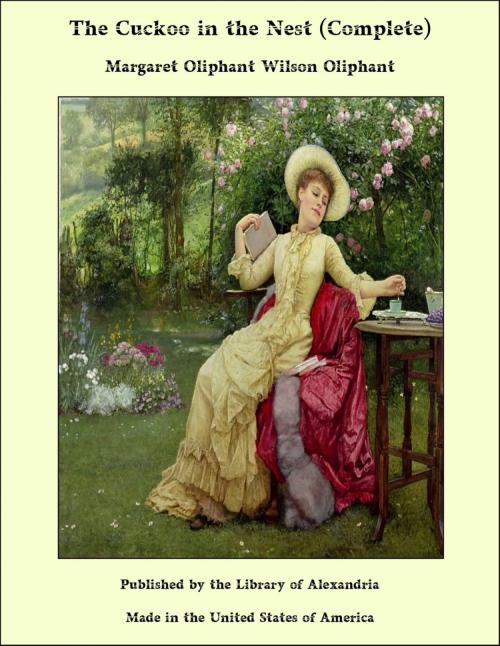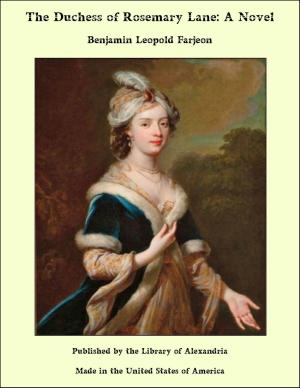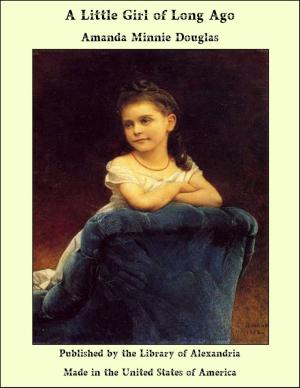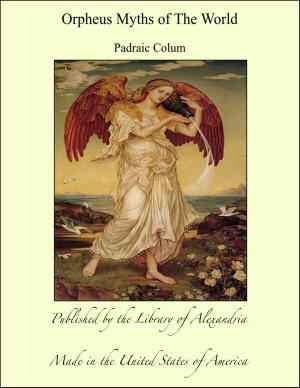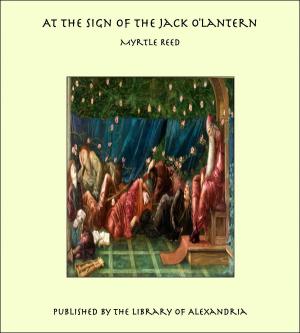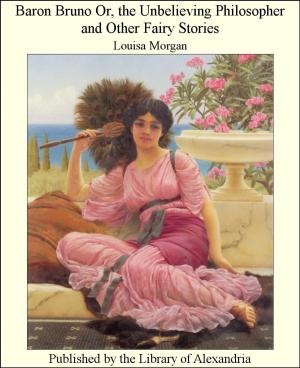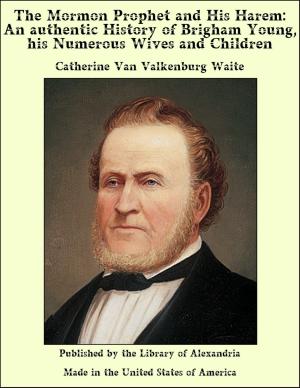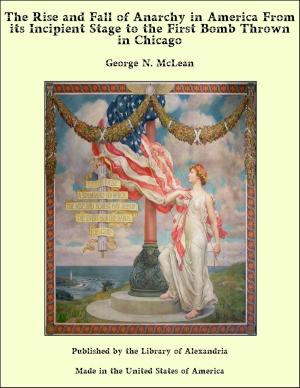The Cuckoo in the Nest (Complete)
Nonfiction, Religion & Spirituality, New Age, History, Fiction & Literature| Author: | Margaret Oliphant Wilson Oliphant | ISBN: | 9781465616012 |
| Publisher: | Library of Alexandria | Publication: | March 8, 2015 |
| Imprint: | Language: | English |
| Author: | Margaret Oliphant Wilson Oliphant |
| ISBN: | 9781465616012 |
| Publisher: | Library of Alexandria |
| Publication: | March 8, 2015 |
| Imprint: | |
| Language: | English |
The Seven Thorns was rather an imposing place for a little country inn. It was a long house, not very high, yet containing some good-sized bedrooms on the upper storey, and rooms below calculated for the entertainment of a much greater company than ever appeared now upon the deserted highroad. It had been an old coaching road, and there were stables at the Seven Thorns which could take in half the horses in the county; but that, of course, was all over now. The greater part of these stables were shut up and falling into decay. So was the large dining-room and half of the extensive accommodation downstairs. The great kitchen, and a little room on the other side of the doorway, which was called the parlour, were all that was ever wanted now in the Seven Thorns. Sometimes there would come some excursion parties from the neighbouring town in summer, and then a large table was placed outside, or, on the emergency of a wet day, in the kitchen. This was the only event which ever broke the quiet in these degenerate days. The usual traffic was confined to the village; to now and then a pedestrian jogging along on foot, sometimes a tramp, sometimes a tourist; or to a farmer going by to market, who remembered the day when the Hewitts of the Seven Thorns were as substantial a family as his own. It was a house which had come down in the world, with a downfall as greatly felt, as much rebelled against, as the fall of the proudest family in the county could have been. The Hewitts had no pretension to be gentry, but they had been yeomen, farming their own land, and giving a large and well-paid hospitality to man and beast, which involved little that was menial to the family itself. The Richard Hewitt of the day had stood with his hands in his pockets, on his own threshold, talking to his guests about public matters, or the affairs of the county, while his ostlers looked after the horses, and his buxom maid, or rough waiter, brought the gentlemen their beer or more potent draught. He did not touch either horse or glass, but admired the one or shared the other, like any other rustic potentate; and if his pretty daughter glanced out of an upstairs window upon the group at the door, Sir Giles himself would take off his cap, and though perhaps there might be a touch of extravagance in the obeisance, which meant, in his intention, that Patty or Polly was not in the least upon his own level, yet the Patty or Polly of the moment remained completely unconscious of that exaggeration, and blushed, and retired from the window with a delighted sensation of being admired by the gentleman who was always so civil. Alas! these fine days were all past: and when Patience Hewitt now swept out the parlour briskly, as she did everything, and threw fresh wholesome sand upon the floor, and brought in the beer which the young squire, loitering upon the forbidden threshold of the great kitchen, had already several times asked for, the sense of that downfall was as strong in her mind as if she had been the old aunt Patty, old as the world itself, the girl thought, to whom old Sir Giles had taken off his cap.
The Seven Thorns was rather an imposing place for a little country inn. It was a long house, not very high, yet containing some good-sized bedrooms on the upper storey, and rooms below calculated for the entertainment of a much greater company than ever appeared now upon the deserted highroad. It had been an old coaching road, and there were stables at the Seven Thorns which could take in half the horses in the county; but that, of course, was all over now. The greater part of these stables were shut up and falling into decay. So was the large dining-room and half of the extensive accommodation downstairs. The great kitchen, and a little room on the other side of the doorway, which was called the parlour, were all that was ever wanted now in the Seven Thorns. Sometimes there would come some excursion parties from the neighbouring town in summer, and then a large table was placed outside, or, on the emergency of a wet day, in the kitchen. This was the only event which ever broke the quiet in these degenerate days. The usual traffic was confined to the village; to now and then a pedestrian jogging along on foot, sometimes a tramp, sometimes a tourist; or to a farmer going by to market, who remembered the day when the Hewitts of the Seven Thorns were as substantial a family as his own. It was a house which had come down in the world, with a downfall as greatly felt, as much rebelled against, as the fall of the proudest family in the county could have been. The Hewitts had no pretension to be gentry, but they had been yeomen, farming their own land, and giving a large and well-paid hospitality to man and beast, which involved little that was menial to the family itself. The Richard Hewitt of the day had stood with his hands in his pockets, on his own threshold, talking to his guests about public matters, or the affairs of the county, while his ostlers looked after the horses, and his buxom maid, or rough waiter, brought the gentlemen their beer or more potent draught. He did not touch either horse or glass, but admired the one or shared the other, like any other rustic potentate; and if his pretty daughter glanced out of an upstairs window upon the group at the door, Sir Giles himself would take off his cap, and though perhaps there might be a touch of extravagance in the obeisance, which meant, in his intention, that Patty or Polly was not in the least upon his own level, yet the Patty or Polly of the moment remained completely unconscious of that exaggeration, and blushed, and retired from the window with a delighted sensation of being admired by the gentleman who was always so civil. Alas! these fine days were all past: and when Patience Hewitt now swept out the parlour briskly, as she did everything, and threw fresh wholesome sand upon the floor, and brought in the beer which the young squire, loitering upon the forbidden threshold of the great kitchen, had already several times asked for, the sense of that downfall was as strong in her mind as if she had been the old aunt Patty, old as the world itself, the girl thought, to whom old Sir Giles had taken off his cap.
